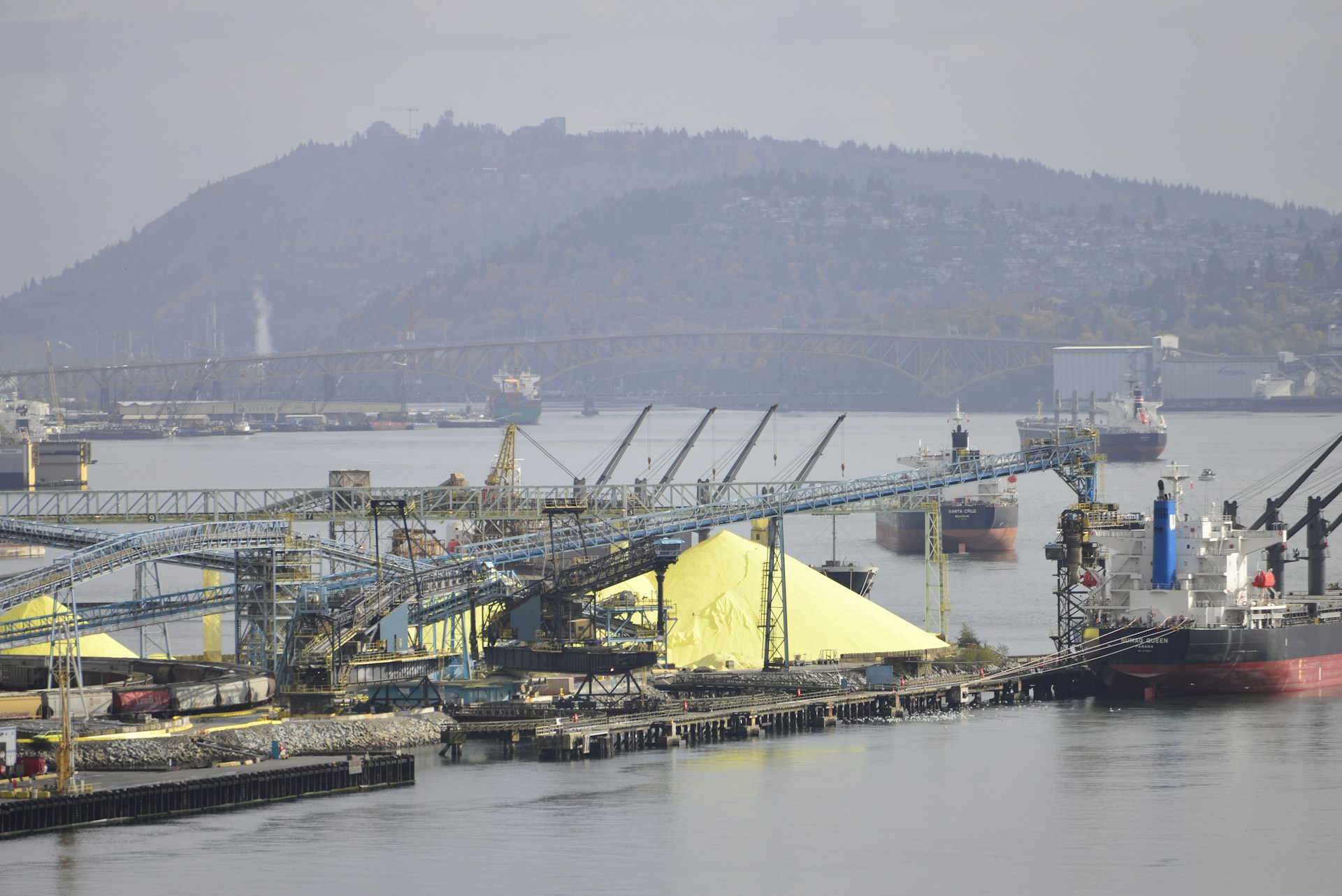Canadian Unions to Challenge Government Order on Port Disputes

Union leaders have pledged to contest the Canadian government's mandate to end ongoing labor disputes at major ports, including Montreal, Vancouver, and Prince Rupert.
The International Longshore and Warehouse Union (ILWU) Local 514, representing supervisory longshore workers in British Columbia, announced plans to file a legal challenge against the minister's directive, which enforces binding arbitration on both sides of the conflict.
Canada’s labor minister, Steve MacKinnon, instructed the Canada Industrial Relations Board (CIRB) to order the resumption of operations at ports in Quebec and across the West Coast. The CIRB's directive also imposes binding arbitration to help the parties reach a resolution.
MacKinnon noted that the port disruptions were impacting the flow of approximately US$932 million in goods daily, affecting exports such as canola oil and forest products.
The BC Maritime Employers Association stated that it intends to comply with the CIRB’s ruling and will update its member employers on operational changes as soon as possible.
However, the union response has been heated. Frank Morena, president of ILWU Local 514, declared: “We will fight this order in the courts, and we will not forget how these employers and this federal Liberal government have attacked not only the ILWU but all of labor.”
The Canadian Union of Public Employees (CUPE) also expressed strong disapproval of the government’s decision, claiming Ottawa is “Trampling on employees’ constitutionally protected rights.”
Mark Hancock, CUPE’s national president, commented: “The MEA locks out our members and in the same breath goes crying to the Minister that their own actions are creating chaos in Canada. The Minister encourages employers to trample on workers’ fundamental rights instead of addressing their needs for work-life balance.”
A representative for Montreal dockworkers criticized the government for prolonging the dispute by interfering with negotiations related to work schedules and sustainable work-life balance. “The underlying issues around scheduling have persisted because of government interference in labor negotiations.”